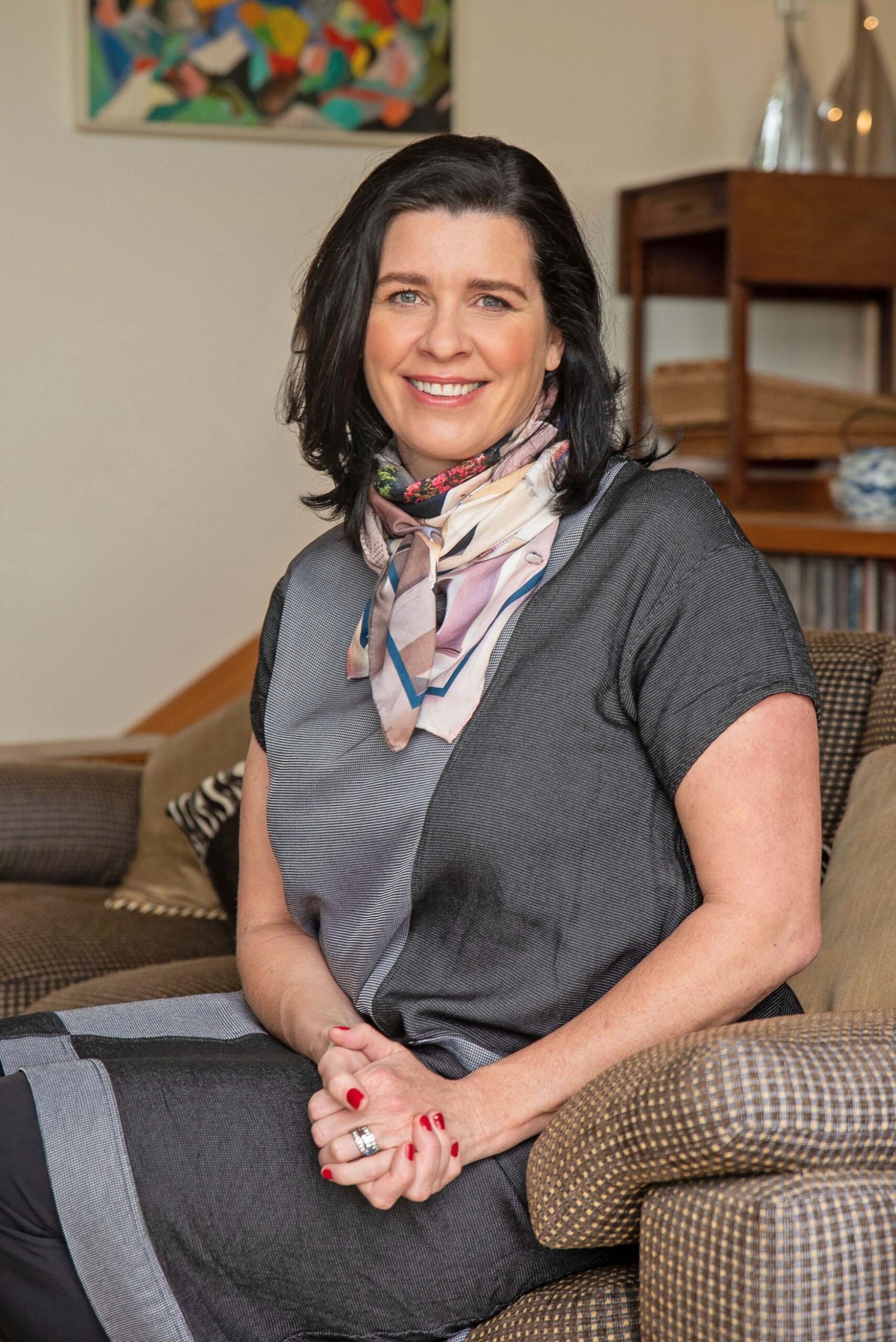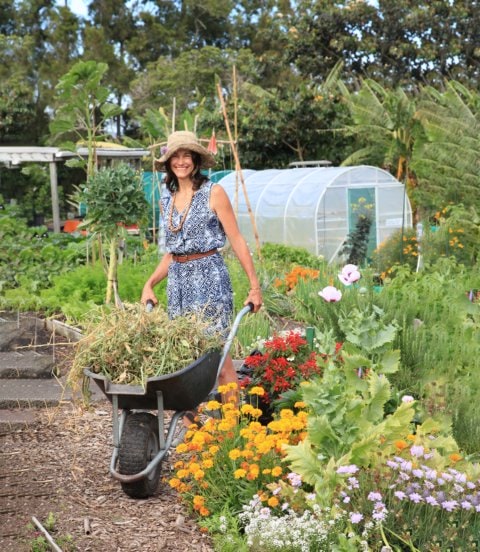They’re special people who hold the fort when looking after an unwell family member threatens to become overwhelming. Fiona Fraser knows why respite carers are so important.
Julie* was a saviour for our family. Bold and a little brash, jolly and joyful, always smelling faintly of Rothmans and instant coffee, she had a take-no-prisoners approach which was 100 percent necessary when dealing with my ailing dad.
Although I grew up in a typical nuclear farming family – a couple of cats, chooks, one sister and two parents – my father was diagnosed with a particularly progressive form of multiple sclerosis when I was six. He spent the next five years fighting valiantly to retain his movement, his ability to clothe, feed, toilet and shower himself, his lust for life. But he lost it all – and eventually, his battle with MS – leaving us bereft, and utterly exhausted.
What made his final years just a smidgen more bearable was Julie, a respite carer who gave us the gift of time. Time away from Dad, because as much as we absolutely adored the man, he was miserable – and nursing him was a full-time job (one my saintly mother was performing on top of her actual full-time job). Julie would arrive with her duffel bag, a couple of novels, and a big smile and move in, so we could move out. It wasn’t ever for long – a few days, maybe a week – but it made a measurable difference to the mental health and resilience of the three of us as we coped with the ongoing challenges of caring for Dad.
Support that works
Miranda Smith is the founder and owner of Miranda Smith Homecare – a private home care agency specialising in aged, palliative, dementia and respite care, with branches all over New Zealand. She has plenty of Julies on her books (although she’s quick to point out they would never arrive smelling of cigarettes) – women, primarily, who devote their careers and their time to the service of those in need.
She firmly believes in the importance of respite care, particularly as we face an ageing population, and a growing shortage of retirement home beds.
“Its value is in keeping a person’s main caregiver really well,” she says. “Often, that main caregiver is looking after someone 24/7 – and it might be that they’re dealing with a dementia diagnosis, or another illness that is progressing quickly. That type of care can get more and more demanding, both physically and mentally, and that’s where respite or relief care is so vital. The longer that the carer is well and can look after that person – usually their husband, wife or parent – the better it is for the health of the patient. A main caregiver’s mental health needs to be protected.”
Easing the stress
Ian Pryce, 81, can attest to that, too. Based in the Bay of Plenty, Ian cared for his bedridden wife for around three years before she sadly passed away earlier this year. Colleen had both Parkinson’s and dementia, so it was a big ask for Ian, who describes how his wife was an avid tramper well into her 70s, who had tackled the Te Araroa Trail with him before her dementia diagnosis.
“In the late stages, she couldn’t talk, had to be toileted and washed, and was totally dependent on me – even though she no longer knew who I was, really,” explains Ian. Things came to a head late last summer for Ian, who says his mental health took a turn for the worse. “Although, fortunately, Colleen was a very placid person and relatively easy to look after, almost all of my day was spent caring for her,” he says. “She needed my help all the time, and had medication to take every three hours. After a long period it starts to wear you down.”
Ian says he began experiencing extreme stress, “so much so I was beginning to feel ill. I knew I needed to get away for a few days.”
Having a Miranda Smith Homecare carer come in and run the house for a week gave Ian the break he needed to get his head back in the game. A keen outdoors man, Ian packed up and took off camping in Raglan. “It made a big difference to my outlook,” he recalls. “I knew I could totally trust the carer that came in, so I was able to fully switch off and come back feeling more relaxed.”
Even better, he says having someone new around the house seemed to suit Colleen as well.
“She tended to respond to women differently than she did to me, so the carer was able to get responses from her that I probably didn’t have the energy to try and elicit.”
Despite was, Ian concludes “very positive” for both him and Colleen. But he admits cost is a factor. Although the government allows limited funding for relief care in the form of a carer support payment, in many cases the person requiring care needs to move temporarily into a rest home to access it, and be cared for there. “And that’s a problem for those with dementia, especially,” says Miranda. “It’s not uncommon for the person to become anxious and disagreeable in an unfamiliar environment. Respite care is much better for everyone if it can take place in the person’s own home, and they can sleep in their own bed.”
It’s not just overnight stays, though – Miranda and her team provide respite care for a wide variety of reasons. “A common one is when the main caregiver wants to attend a wedding or another type of special occasion, and we also deal with families caring for patients who are palliative. That situation can of course be very taxing, so we might provide respite care for a few hours a week so that the caregiver can get their hair done, go out for dinner or visit a friend.”
All of it adds up to better mental health outcomes for the caregiver, and as statistics show that tens of thousands of us will be caring for a loved one in coming years (it’s estimated more than 170,000 Kiwis will be living with dementia by 2050), maintaining emotional and spiritual wellbeing will become even more important.
“If they can and they’re able to, most people really want to look after the person they’ve spent their whole life with,” says Miranda. “If you can stay well enough, it’s a very special thing to be able to do, and a real privilege.”
I know I wouldn’t have wanted it any other way with Dad – and neither did Mum. As tough as it was to watch his decline, having him in some sort of external care just wasn’t an option. Special people like Julie made it doable – and gave us the fortitude to soldier on.
Ian says it would be helpful for more people in his situation to know about respite care and access it when they need it. “Others, like me, tend to struggle away and stress out, facing all sorts of trials and tribulations – and some say they feel anxious about having a stranger in the house. But the respite carer we used was completely trustworthy and a real professional. I would recommend it.”

*Name has been changed for privacy reasons.








